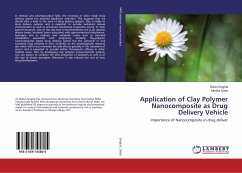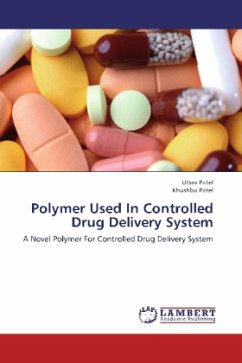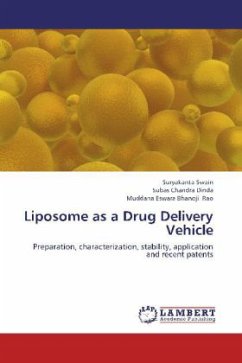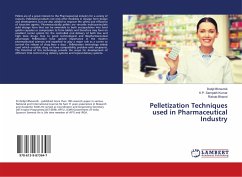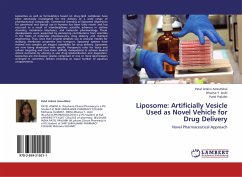
Liposome: Artificially Vesicle Used as Novel Vehicle for Drug Delivery
Novel Pharmaceutical Approach
Versandkostenfrei!
Versandfertig in 6-10 Tagen
32,99 €
inkl. MwSt.

PAYBACK Punkte
16 °P sammeln!
Liposomes as well as formulations based on drug lipid complexes have been extensively investigated for the delivery of a wide range of pharmaceutical compounds. Commercial licensing of liposomal dispersions for parenteral and topical use in humans has been fairly recent and has occurred as a result of interdisciplinary scientific advances in surface chemistry, membrane biophysics, and molecular pharmacology. These developments were supported by pioneering contributions from scientists in the fields of molecular pharmaceutics, drug delivery, and chemical engineering. Thus, since their original ...
Liposomes as well as formulations based on drug lipid complexes have been extensively investigated for the delivery of a wide range of pharmaceutical compounds. Commercial licensing of liposomal dispersions for parenteral and topical use in humans has been fairly recent and has occurred as a result of interdisciplinary scientific advances in surface chemistry, membrane biophysics, and molecular pharmacology. These developments were supported by pioneering contributions from scientists in the fields of molecular pharmaceutics, drug delivery, and chemical engineering. Thus, since their original simplistic use as vesicular models for studying membrane properties and transport, liposomal systems have evolved into complex yet elegant assemblies for drug delivery. Liposomes are now being developed with specific therapeutic roles for tissue and cellular targeting and have been skillfully manipulated to achieve desired clinical outcomes by altering in vivo drug biodistribution and disposition. Liposomes are microscopic vesicles composed of one or more lipid bilayers arranged in concentric fashion enclosing an equal number of aqueous compartments.



